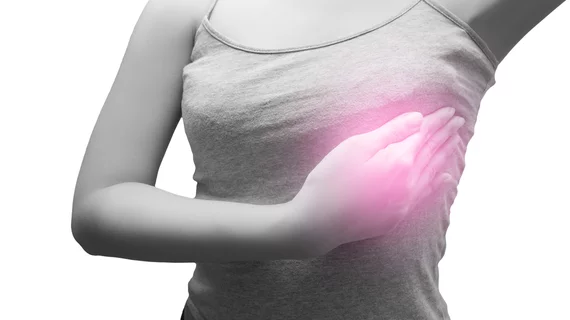Law change would require health insurers to cover breast MRI, ultrasound for high-risk patients
Pennsylvania has advanced legislation that would require health insurers to cover supplemental MR and ultrasound imaging of women at high risk of breast cancer.
The state’s House Insurance Committee unanimously approved the legislation recently, setting up consideration by the full body. State Sen. Bob Mensch, R-Montgomery County, sponsored the bill and praised its advancement in late May. It’s been in the works now for nearly a decade, he noted.
“When I first introduced the bill in 2011, I never thought I would still be working on it all these years later,” he said in a statement. “While the bill has morphed and changed over the past years, I’m confident the version we have now ready to pass the House will help countless women in Pennsylvania.”
Mensch noted that mammography alone fails to detect breast cancer in about 40% of women with dense breast tissue. Breast MRI and ultrasound provide an alternative to help fill this gap, but commercial insurers often do not pay for such care. If finalized, payers would need to cover screening with these tools for those with dense breast tissue as determined by a doc, a genetic predisposition, or a personal or family history of breast cancer.
The bill will head to Pennsylvania House Appropriations Committee before a vote by the full legislative body. The PA Breast Cancer Coalition recently urged lawmakers to approve the bill and shared an example of one local woman named “Ruth” who received a supplemental breast MRI, followed by a $5,000 bill from her insurer.
“Senate Bill 595 must pass in the PA House of Representatives to ensure that cost is no longer a barrier for any woman when it comes to the early detection of breast cancer,” the group said on its website. The American College of Radiology highlighted Pennsylvania’s proposed legislative change in an update to its membership last week.

